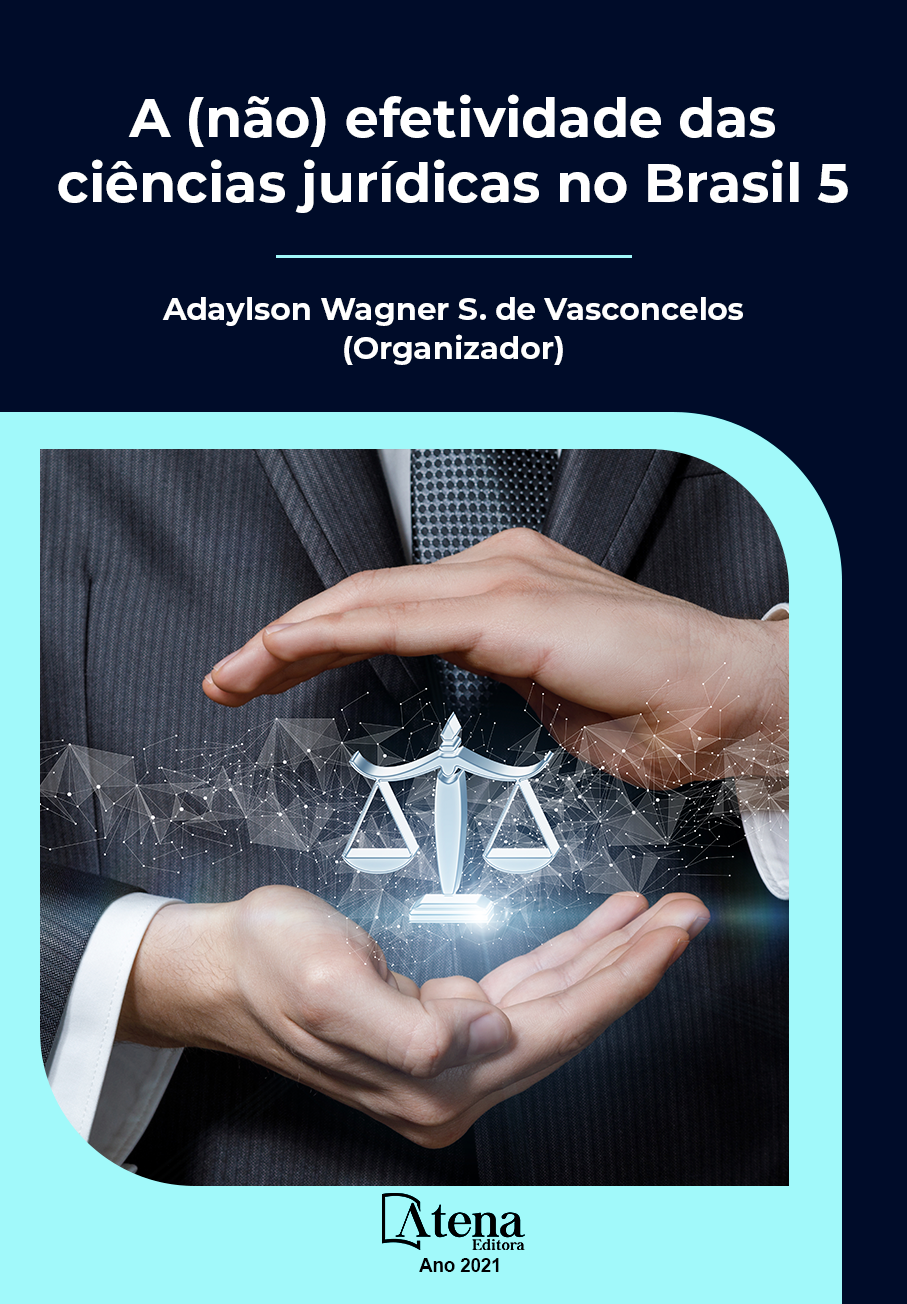
UMA RELEITURA DO INSTITUTO DO DIVÓRCIO EXTRAJUIDICIAL NA CONTEMPORANEIDADE: AVANÇOS LEGISLATIVOS E ELETRÔNICOS EM TEMPOS PANDÊMICOS
Desde 2007 os divórcios já eram realizados em cartório através de escritura pública. Em 2010, o texto constitucional passou a permitir o divórcio direto, independente do cumprimento dos prazos anteriormente vigentes para sua decretação. Já em 2015, o Código de Processo Civil replicou a lógica anterior e garantiu que os cartórios continuassem a formalizar divórcios extrajudiciais. E então, chegamos a 2020. Com a pandemia do coronavírus e a necessidade de continuidade dos serviços públicos da sociedade, os entes estatais passaram a adaptar suas rotinas à nova realidade. O Conselho Nacional de Justiça promulgou, assim, o Provimento n.º 100/2020, para permitir a continuidade dos serviços cartorários, instituindo o e-Notariado e a Matrícula Notarial Eletrônica. É esse o cenário central de debate deste trabalho que, com base no método dialético, busca analisar os requisitos legais para a formalização de um divórcio e se eles estariam sendo cumpridos, mesmo com o serviço sendo prestado remotamente.
UMA RELEITURA DO INSTITUTO DO DIVÓRCIO EXTRAJUIDICIAL NA CONTEMPORANEIDADE: AVANÇOS LEGISLATIVOS E ELETRÔNICOS EM TEMPOS PANDÊMICOS
-
DOI: 10.22533/at.ed.2242105075
-
Palavras-chave: Conselho Nacional de Justiça. Provimento n.º 100/2020. Coronavírus. E-Notariado. Divórcio. Divórcio extrajudicial.
-
Keywords: National Council of Justice. Provision No. 100/2020. Coronavirus. E-Notary. Divorce. Extrajudicial divorce.
-
Abstract:
Since 2007, divorces were already performed in a notary public through a public deed. In 2010, the constitutional text allowed direct divorce, regardless of compliance with the deadlines previously in force for its decree. In 2015, the Civil Procedure Code replicated the previous logic and ensured that notary offices continued to formalize extrajudicial divorces. And then, we reached 2020. With the coronavirus pandemic and the need for continuity of public services in society, state entities began to adapt their routines to the new reality. The National Council of Justice thus promulgated Provision No. 100/2020, to allow the continuity of notary services, instituting e-Notary and Electronic Notary Enrollment. This is the central scenario for the debate of this work, which, based on the dialectical method, seeks to analyze the legal requirements for the formalization of a divorce and whether they are being fulfilled, even with the service being provided remotely.
-
Número de páginas: 12
- Marcelo Sant'Anna Vieira Gomes
- Jackelline Fraga Pessanha


